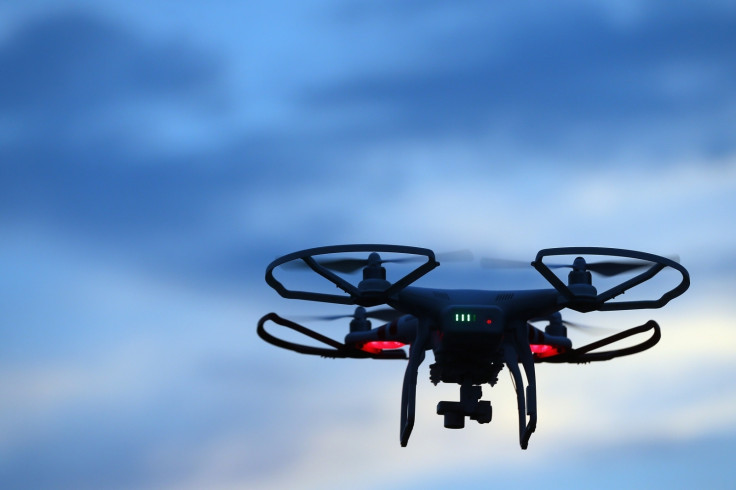Drone hits commercial airliner landing in Canada's Quebec City: 'This should not have happened'
"That drone should not have been there," Canada's Transport Minister Marc Garneau said.
A drone hit a commercial plane landing at Quebec City airport on Thursday (12 October) – the first time such an incident has happened in Canada. The country's Transport Minister Marc Garneau said on Sunday (15 October) that there were no injuries reported in the incident involving a Skyjet plane that occurred at Jean Lesage International Airport.
"This is the first time a drone has hit a commercial aircraft in Canada," Garneau said in a statement. "I am extremely relieved that the aircraft only sustained minor damage and was able to land safely."
An airport spokesperson said the plane was arriving from Rouyn-Noranda, Quebec with eight people on board when it was struck by the drone about 3km from the airport. The drone was estimated to be flying at a height of around 450m or 1,500 feet when it struck the plane – 150m above the legal limit.
Under Canadian law, drones are not allowed within 5.5km of Canadian airports, helipads and seaplane bases and 1.8km of a heliport without special permission. Drone operators that put an aircraft at risk could face hefty fines and jail time.
"Although the vast majority of drone operators fly responsibly, it was our concern for incidents like this that prompted me to take action and issue interim safety measures restricting where recreational drones could be flown," Garneau said. "I would like to remind drone operators that endangering the safety of an aircraft is extremely dangerous and a serious offence."
According to Transport Canada, 1,596 drone incidents have been reported to the department so far this year, 131 of which were deemed to have been of concern to aviation safety.
Garneau said his department is taking the incident seriously and is following the situation with airport officials, Quebec City police, NAV CANADA and the Transportation Safety Board of Canada. The drone has yet to be identified and no arrests have been made so far.
The incident comes as drone usage continues to soar in North America, Europe and China, with aviation agencies in multiple countries raising serious concerns over safety and rolling out regulations to avoid unmanned aerial vehicles endangering aircraft and other people.
"This should not have happened, that drone should not have been there," Garneau told reporters in Montreal. "It's important to point out that aircraft are particularly vulnerable when they're on final approach," adding that the incident could have been "catastrophic" if the drone struck the cockpit or engine.
There have also been several near misses with airplanes in recent years.
Last month, a civilian drone collided with a Black Hawk helicopter as it flew 152m above Midland Beach in Staten Island, New York. In November 2016, a Canadian aircraft carrying 54 passengers on board had to swerve to avoid colliding with a suspected unmanned flying object near Toronto. Two cabin crew members were slightly injured in the incident.






















